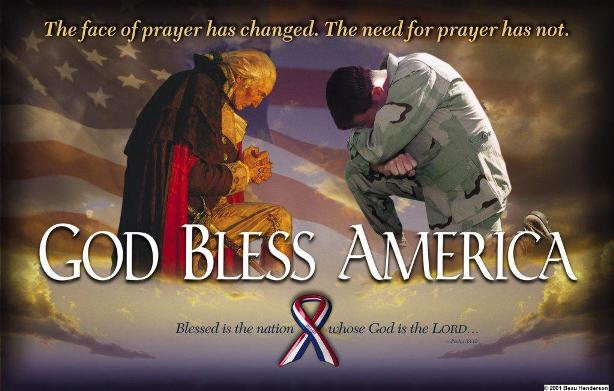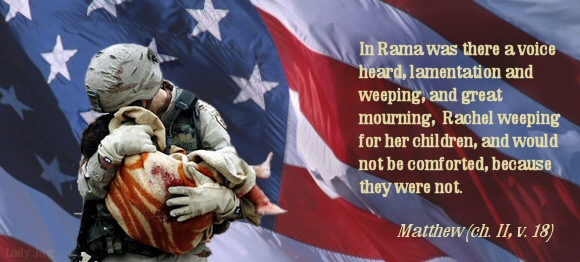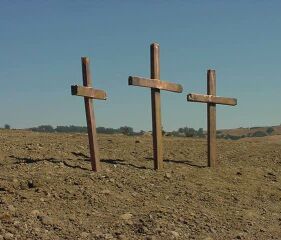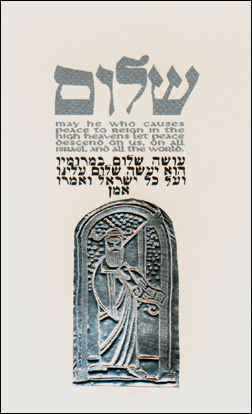Veteran news reporter Scott Pelley never goes on assignment without his travel essentials—a shortwave radio, camera, indestructible suitcase, laptop computer, phone, and an emergency locator beacon that works anywhere. “You extend the antenna, push two buttons, and it sends a signal to a satellite connected to the National Oceanic and Atmospheric Administration," Pelley says. “It tells them who and where I am. Depending on what country you’re in, they’ll either send a rescue team—or not” (AARP The Magazine). Pelley has never needed to use the beacon, but he never travels without it.
But when it comes to our relationship with God, we don’t need radios, phones, or emergency beacons. No matter how precarious our circumstances become, He already knows who and where we are. The psalmist celebrated this as he wrote, “You have searched me, Lord, and you know me. . . . You are familiar with all my ways” (Ps. 139:1-3). Our needs are never hidden from God, and we are never separated from His care.
Today, we can say with confidence, “If I rise on the wings of the dawn, if I settle on the far side of the sea, even there your hand will guide me, your right hand will hold me fast" (vv. 9-10).
The Lord knows who we are, where we are, and what we need. We are always in His care.
Psalm 139 is a complex poem that is made up of several themes: meditation, confession, prayer, reflection, and lament. It is comprised of four sections or movements. The first deals with God’s exhaustive and comprehensive knowledge (vv. 1–6). The second displays His perfect and persistent presence (vv. 7–12). No matter where we go, God is already there. The third movement in the psalm talks about God’s intentional, personal, and ongoing creativity (vv. 13–18). And finally, the psalm calls attention to humanity’s desire and need for justice and redemption (vv. 19–24).

















 __"Dia shábháil ar fad anseo!"
__"Dia shábháil ar fad anseo!"





















